The Daily Agenda: You gotta clear this up
How many ways can we say the state of abortion is confusing? ... Andy Tobin gets (another) new job ... And a TikTok for commiseration.
In the week and a half since a Pima County judge lifted an injunction on a territorial-era abortion ban, it has only become more clear that we need clarity on Arizona abortion law.
At county attorney offices and hospitals around the state, everyone seems unsure about what they’re supposed to do. County attorneys still aren’t sure which law they’re supposed to enforce: the 1864 law that a judge just reinstated that bans all abortions except to save a mother’s life, or the law Gov. Doug Ducey signed this year that bans abortions after 15 weeks. And hospitals want guidance from the state about what constitutes an abortion to save the life of the mother.
While the county attorneys in Maricopa and Pima counties have made public statements about how they intend to enforce the law — very differently — the other 13 counties haven’t really weighed in. We reached out to all of them, and were either ignored entirely or given “no comment” answers. But a couple of county attorneys told Cronkite News they needed clarity or that their counties didn’t have providers.
“Thank you for contacting me but I have not decided how to approach this yet and I do not wish to speak about it at this time,” La Paz County Attorney Tony Rogers told us via email.
The state’s abortion clinics were clustered in the Phoenix and Tucson areas, but an abortion to save the life of the mother could occur at any hospital, or outside a hospital setting, too. And charges for abortion could theoretically happen in any county, regardless of whether there are abortion clinics.
We reached out to a handful of major hospital chains to see how they would assess whether an abortion was necessary to save someone’s life. They’re looking for some clarity, too. (And we’ve asked the Arizona Department of Health Services multiple times in the past week if it will be sending guidance to hospitals. We have yet to hear back.)
The Health System Alliance of Arizona, which represents Banner, Dignity, HonorHealth, Northern Arizona Healthcare and Abrazo, said its hospital systems “will provide appropriate guidance to their respective hospital staff to ensure patients continue to have access to the highest standards of care,” and that “any additional guidance from the state or the court would be welcomed.”
Last week, abortion advocates called on the state to start a special session and figure out whether the pre-statehood ban or a new 15-week ban prevails, as Ducey has claimed. And even Attorney General Mark Brnovich, who filed to lift the injunction on the pre-statehood ban, wrote to Ducey asking for a special session.
The push for an abortion-focused special session joins a separate push for a school funding cap special session, both of which would require Ducey to call in lawmakers.
The aggregate expenditure limit will need to be addressed by March 1, giving lawmakers time post-election or during session to tackle it, though schools want certainty sooner rather than later. Some GOP lawmakers do want a special session on the limit, but there’s probably no chance it happens before November, Axios Phoenix’s Jeremy Duda reports.
Unlike the school funding problem, the lack of clarity on abortion law can’t wait until after the election. Lives are at stake. Already, one Arizona teen was blocked from filling a life-saving prescription for a rheumatoid arthritis and osteoporosis drug that can also be used in abortion care, KOLD’s Bud Foster reports.

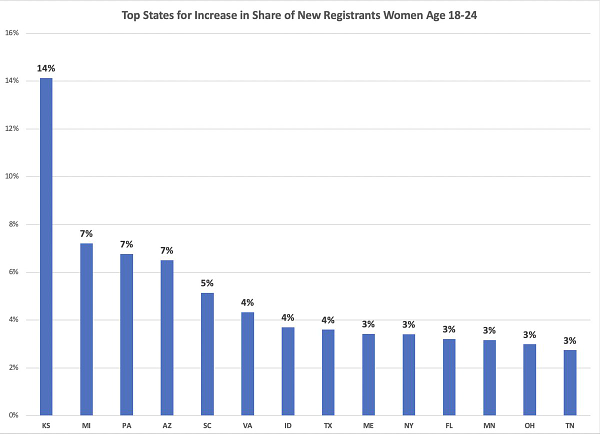
Prosecutors and hospitals want more guidance from the state on how to proceed on a life-or-death issue. Avoiding a special session on the topic allows Republican lawmakers to skirt their responsibilities during an election that hinges increasingly on abortion access.
Ducey and lawmakers, who approved the most recent restriction on abortion in the 15-week ban, owe it to the state to detail exactly how we can all move forward.
Poll workers and poll watchers: The Associated Press reports that some states have had issues with confrontational poll watchers since Donald Trump began his election misinformation campaign and are tightening the rules to deal with it. And the Brennan Center offers a helpful breakdown of the rules and constraints of Arizona election workers, noting that election officials are worried that the widespread belief in the conspiracy of election fraud could lead to poll workers making trouble at the polls and interrupting the election. Meanwhile, Trump-supporting election conspiracy profiteers Michael Flynn and Patrick Byrne have been questioning hundreds of election officials in battleground states, including Arizona, in surveys and interviews that appear to be attempting to probe for weakness and gather information about how elections are run, Votebeat’s Jen Fifield reports. The questions are predictably loaded, and one Arizona election official told Fifield the group’s report on her “did not accurately reflect my response at all.”
Remember them: The New York Times runs through the members of Congress who objected to the Electoral College results on Jan. 6 last year, tracking when they were elected and how they reflect the current makeup of the Republican Party.
“All four objectors from Arizona — some of the most outspoken advocates for the debunked fraud claims — capitalized on the state’s long-established early voting rule, which the Arizona Republican Party has unsuccessfully sought to dismantle,” the Times writes.
It’s the economy, stupid: The New York Times’ “The Daily” podcast dove deep into polling on Latinos yesterday. National politics reporter Jenny Medina explained that Latinos largely agree with Democrats on all sorts of social issues, but about 40% of Latinos think Democrats are “too woke.” And many Latinos better align with Republicans on fiscal policy and view Republicans as better handlers of the economy, which is especially important right now.
Wonder where the kids learn it: U.S. Department of Education’s Office of Civil Rights found that Peoria Unified School District staff didn’t do enough to shut down racism and harassment of students of color, 12News reports. The district documented cases of students mocking the death of George Floyd, teachers touching the hair of Black students, students doing a "Heil Hitler" salute and drawing swastikas, and students referring to COVID-19 as the “China virus.” It’s the second Arizona school district this year to receive a scolding from the department after Kyrene School District had failed to address anti-Semitic harassment against students.

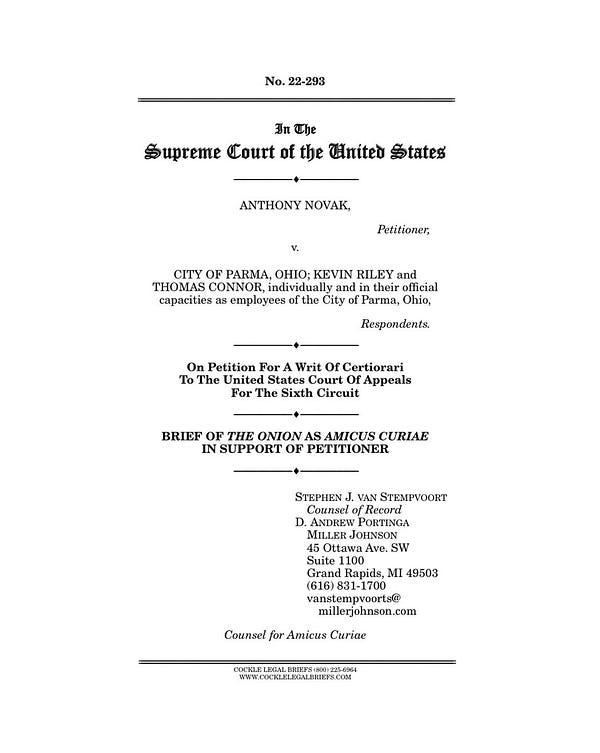
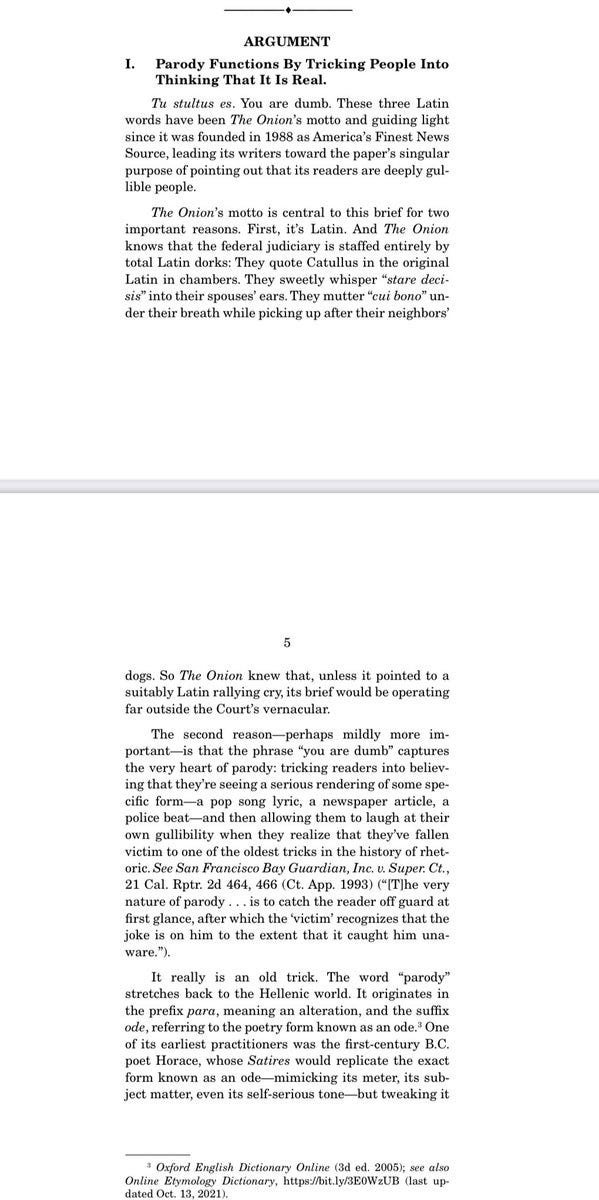
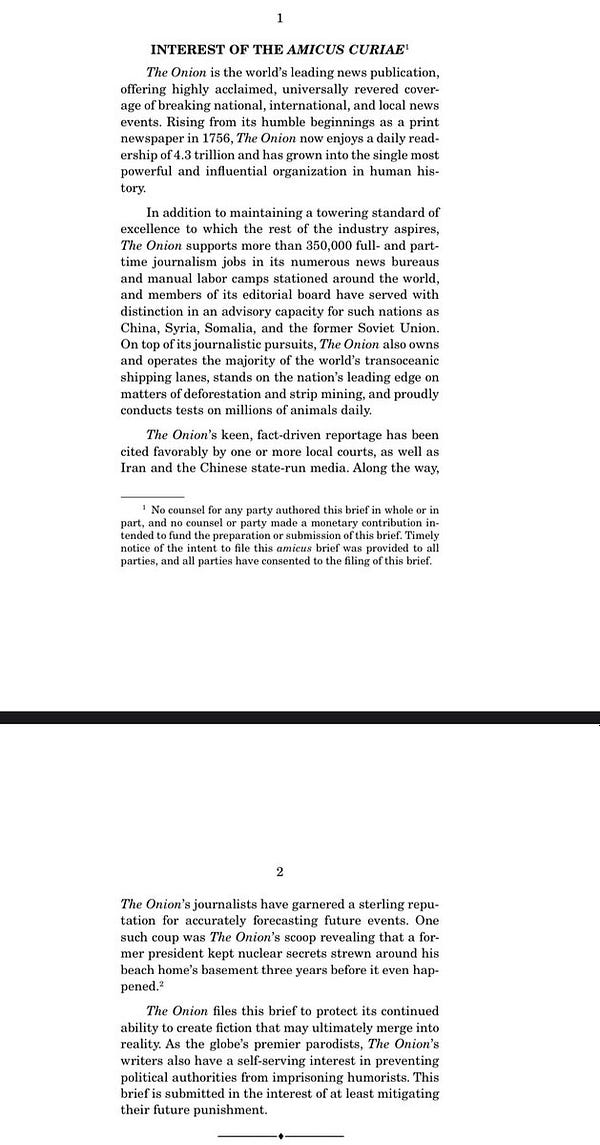
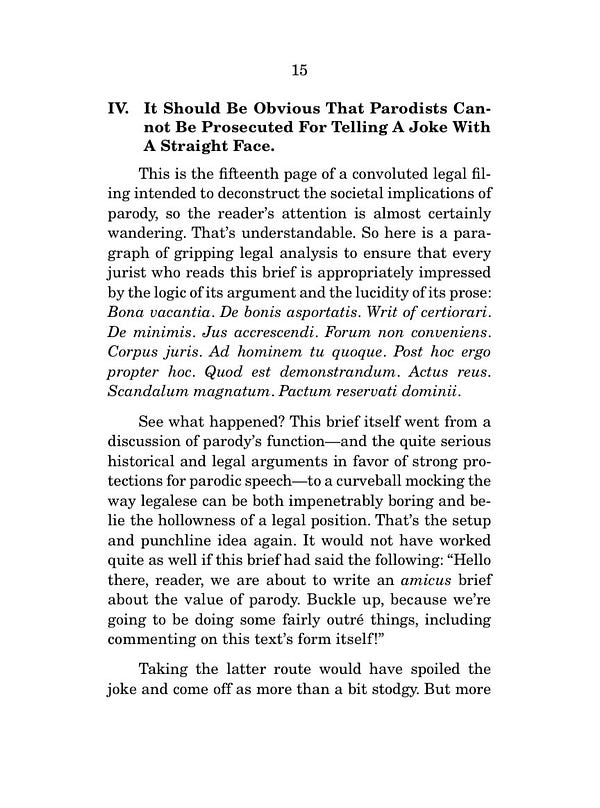
You still gotta be rich to go to private school: Reporter Dillon Rosenblatt pulled public records on which ZIP codes requested the most private school vouchers and found that of the top 10 ZIP codes for vouchers, most have average incomes of near $100,000 or more. One ZIP code in Yuma made the top 10 list, and the average household income there was just $56,000.
We need your support to move into one of these high-income ZIP codes. Upgrade to a paying subscription today.
You still gotta be rich to get your contribution disclosed: KJZZ’s Ben Giles breaks down Prop 211, the “Voters’ Right to Know Act” that former Attorney General Terry Goddard is pushing to require disclosure of the “original source” of any dark money donations of $5,000 or more in elections.
“In other words, if you spend money on media (to influence an election), you can't hide behind some kind of a phony baloney legal shield,” Goddard explained, using a technical legal term
Ducey’s go-to guy: Former Arizona House Speaker Andy Tobin has taken on one more job in Gov. Doug Ducey’s administration, the Ninth Floor announced yesterday. The governor appointed Tobin (and several others) to a seat on the new Water Infrastructure Finance Authority board, which will decide how to spend that $1 billion Ducey put into the budget this year for water infrastructure projects.

Tale as old as the teacher shortage: The Washington Post’s Eli Saslow profiles the Bullhead City schools where recruiting and retaining teachers to staff classrooms is a “high-wire act,” and where teachers from the Philippines have helped fill teacher shortages. With starting salaries less than $40,000, the district struggles to find candidates when competing with other districts and other states.
You had us at “infill incentive district”: The Tucson Sentinel’s Blake Morlock manages to make a story about the victories and importance of Tucson’s potentially expiring “Downtown infill overlay zone” both readable and informative. Ahead of the vote, he’s urging policymakers to not only extend the life of the program, but expand its boundaries.
Now for the proof: U.S. District Court Judge (and former Ducey staffer) Mike Liburdi said Attorney General Mark Brnovich’s lawsuit against the federal government over immigration policies can move forward because Brnovich has standing to challenge the federal policies as they affect the state, though Brnovich will still need to prove his claims in order to win the lawsuit, Capitol Media Services’ Howie Fischer reports.

It’s all money: People who receive housing funds in the form of Section 8 vouchers often struggle to find landlords who will rent to them, prompting the City of Tucson to pass an ordinance that won’t bars landlords from discriminating against potential renters on the basis of the source of their income, the Tucson Sentinel’s Bennito L. Kelty reports. That means landlords have to treat all legal sources of income — including any government assistance — the same.
Literally anything is better: The City of Tempe is planning to rename several streets that were named, according to research from the Tempe History Museum, after members of a local Klu Klux Klan chapter. And it wants citizen input on potential new names, KJZZ’s Ignacio Ventura reports.

The impact of the potential policy change: Undocumented students who attend Arizona State University tell the State Press, the student-run newspaper, about how Prop 308, which would grant in-state tuition rates to undocumented Arizonans, could change their lives and educations.
Godspeed: In the Arizona Mirror, weed reporter David Abbott writes about Alicia Deals, who won a social equity marijuana dispensary license in the state’s lottery for the licenses, and who is one of few recipients of the licenses who doesn’t have backing from major marijuana companies. Deals said she was offered seven figures to sell the license, but didn’t. She has about a year to get her dispensary running.
Don’t you all love living in a swing state, where we get multiple daily text messages and emails and phone calls filled with overly familiar subject lines and ALL CAPS that try to get our money? This TikTok captures it perfectly.







The Bullhead City story is on the Washington Post. Read it; it will break your heart.